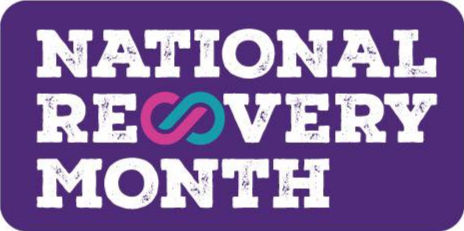Letting Go of “Should”: Rewriting Our Parenting Vocabulary for Connection
- martiroveda
- May 13, 2025
- 2 min read
Updated: Aug 13, 2025

At Equanimity Parent Coaching, one of the most powerful shifts I invite parents to make is in their language. Words matter. The ones we use—especially with our children—carry energy, beliefs, and emotional weight. Some words may seem harmless on the surface, but they often reinforce old patterns rooted in control, shame, or fear. Four of the biggest culprits? Expectations, rules, proud, and should.
These words aren’t “bad”—but they can create distance where we crave connection.
1. Letting Go of Expectations
We often hear, “I just want my child to meet my expectations.” But what if we shifted from expectations to intentions or invitations? Expectations tend to be rigid and often unspoken, leading to frustration when they’re not met. Instead, when we co-create agreements with our children and remain curious about their needs and perspectives, we create space for mutual respect and growth.
2. Rethinking Rules
Rules are typically top-down, one-way declarations. In contrast, boundaries are personal, relational, and rooted in safety and care. When we replace “You broke the rule” with “This boundary helps keep our home calm and safe,” we move from control to compassion. Boundaries invite accountability, not shame.
3. Reframing Proud
Many of us grew up hearing or saying, “I’m proud of you!” While it’s well-intentioned, it places the focus on our feelings about our child’s behavior. What if instead we said, “You must feel really proud of yourself,” or “You worked so hard on that!” This reinforces internal motivation and resilience rather than performing for approval.
4. Releasing Should
“I should…” “They should…” “You should…” These phrases often come from internalized pressure, comparison, or unmet needs. Should is a thief of peace. When we notice a “should” creeping in, we can pause and ask: What am I really needing? What would bring me closer to connection, not control?
The Power of Conscious Language
When we parent from a place of equanimity—grounded, compassionate, and centered—we notice the words we use and the messages they carry. We choose language that builds trust, fosters autonomy, and reflects our values of empathy and presence.
This work isn’t about being perfect. It’s about being aware. And from that awareness, we grow.
If you’re curious about how intentional shifts in language can transform your relationship with your child, I’d love to walk that journey with you.
Let’s rewrite the script—together.




Comments